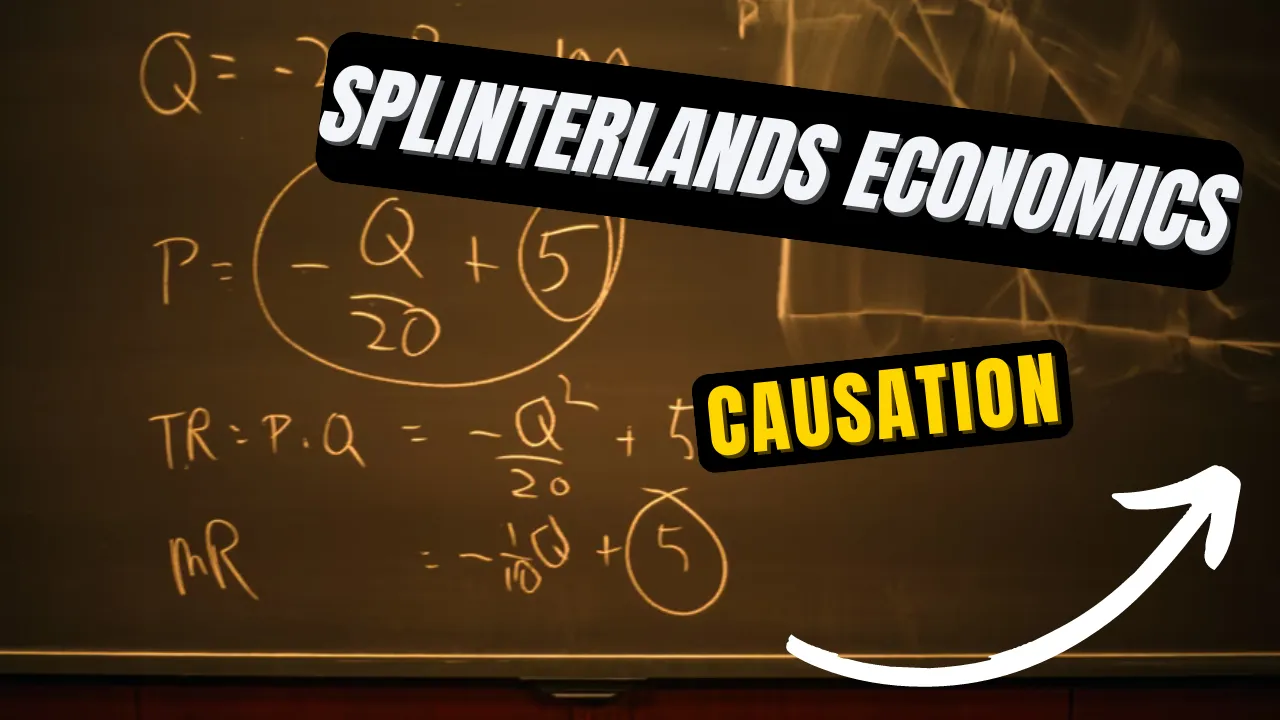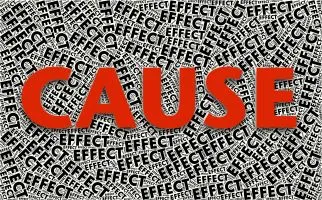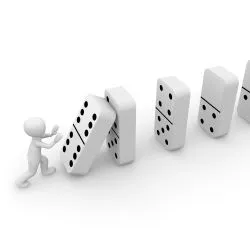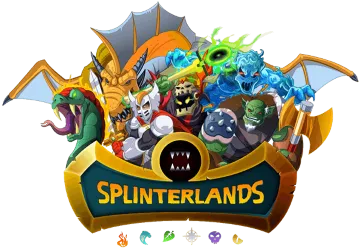Hello everyone! We are back again today with another edition of Splinterland Economics - a series in which we introduce a basic economic concept and then apply it to Splinterlands. If this is your first time reading, just to tell you a little bit about myself: my day job is in an unrelated area but I consider myself a little bit of economics nerd - I read a little (or maybe way, way) more news than I should, double majored in econ, and am obsessed with optimization. I love the way Splinterlands is equal parts card game and resource allocation game. My goal with these articles is to share a little bit of what I know with you all.
Our subject today is a very simple concept, but one which is incredibly easy to misuse and/or misunderstand. Attempting to apply our topic for today to your decision making without a firm understanding of how it works is a quick way to accidentally make some suboptimal or inefficient choices. Today, we are talking about causation!

What is Causation?
Causation has a simple enough definition, and one that you can probably guess just from the word itself - causation exists when one event or condition causes another. The tricky part about causation is determining whether it exists, and which direction it goes in. For example, let's say that we observe two events which seem to occur at the same time as each other. We can say here that there may be a correlation between those two events. Without additional information it is difficult to say whether one of those events causes the other.
You may have heard the saying "correlation is not causation", and this is something that is important to keep in mind any time you think you are observing related events. Without additional observation and/or experimentation it is difficult to say which event is the cause and which is the effect. And there is even a chance that those two events are actually unrelated to each other. A classic example is that a rooster often crows when the sun rises. This is a great example of why correlation is not causation - clearly, it would be an error to assume that a rooster crowing causes the sun to rise. We can say here the correlation is NECESSARY for causation, but it is not SUFFICIENT. That is, there can be correlation between two variables without causation being present.
So the big question is, how do we determine causation? The answer involves equal parts statistics, and careful design of (or search for) experiments. The statistics part is for establishing whether there is, in fact, a correlation between two events or variables. The experimentation part is a two part process: first, come up with a hypothesis for what may be causing something, and second, design an experiment or find a previous scenario that can test that hypothesis. The second option of finding a previous scenario is an interesting option that should not be overlooked, and has been used (among other purposes) to identify causation between cholera and water sources, and smoking and heart attacks (see Wikipedia for additional details).
How do we apply it to Splinterlands?
As you are reading through this discussion of causation and correlation, you may be thinking that this is a topic that is more related to statistics than economics. And while it is true that prediction and modeling play a prominent role in statistics, economics deals with the optimal allocation or resources. And it is extremely helpful when making your allocation decisions to know how possible allocations can change our production or income. In other words, understanding causation. It would be a "waste" of valuable resources, for example, to invest heavily in some factor of production which does not have a causal role in earnings, or at least have some other impactful result.
Are you trying to figure out the best way to spend your guild crowns? You may want to determine which building upgrades will have the greatest impact on your brawl earnings, or which ones will cause the largest increase. Mulling over which cards to buy? It might be helpful to figure out which card upgrades will result in more wins in ranked or tournament play. Depending on the situation and your own resources, it may be worth your while to look at recent historical data or possible even set up your own controlled experiment in order to see which decisions will have the greatest payoff.
Finally, being able to accurately identify game events which may have impacts on the game economy and which areas they will have effects on can even give you a head start on speculating where to move your assets in order to realize the greatest profits. This is much (much!) easier said than done, but a strong grasp of causation and the underlying game economy can pay dividends in the long run.
Why should we care?
Understanding causation helps us to better understand the impacts that our actions (or the actions of others) will have, and to make more informed decisions both in-game and in the real world. And as you may have been able to tell from some of our discussion today, making the optimal decisions can turn out to be rather lucrative. The hard part is putting in the work - asking yourself questions about the way things work, finding possible answers, and figuring out ways to test your ideas.
Thank you so much for reading all the way to the end. Interested in seeing some more of my writing in the future? Be sure to give me a follow! In the meantime, if you'd like to see some of my recent posts:
So Nice to Strike Twice - Using Grund in Battle! - Last week's battle challenge, featuring Grund!
Splinterlands Economics: Bonds - An overview of bonds, and how we can apply it to Splinterlands!
Splinterlands Economics: Confirmation Bias - An introduction to the concept of confirmation bias, and how we can apply it to Splinterlands!
Thinking about giving Splinterlands a try but haven't signed up yet? Feel free to use my referral link: https://splinterlands.com?ref=bteim, and be sure to reach out to me if you have any questions!
All images used in this article are open source and obtained from Pixabay or Unsplash. Thumbnails borrowed with permission from the Splinterlands team or made in Canva.



